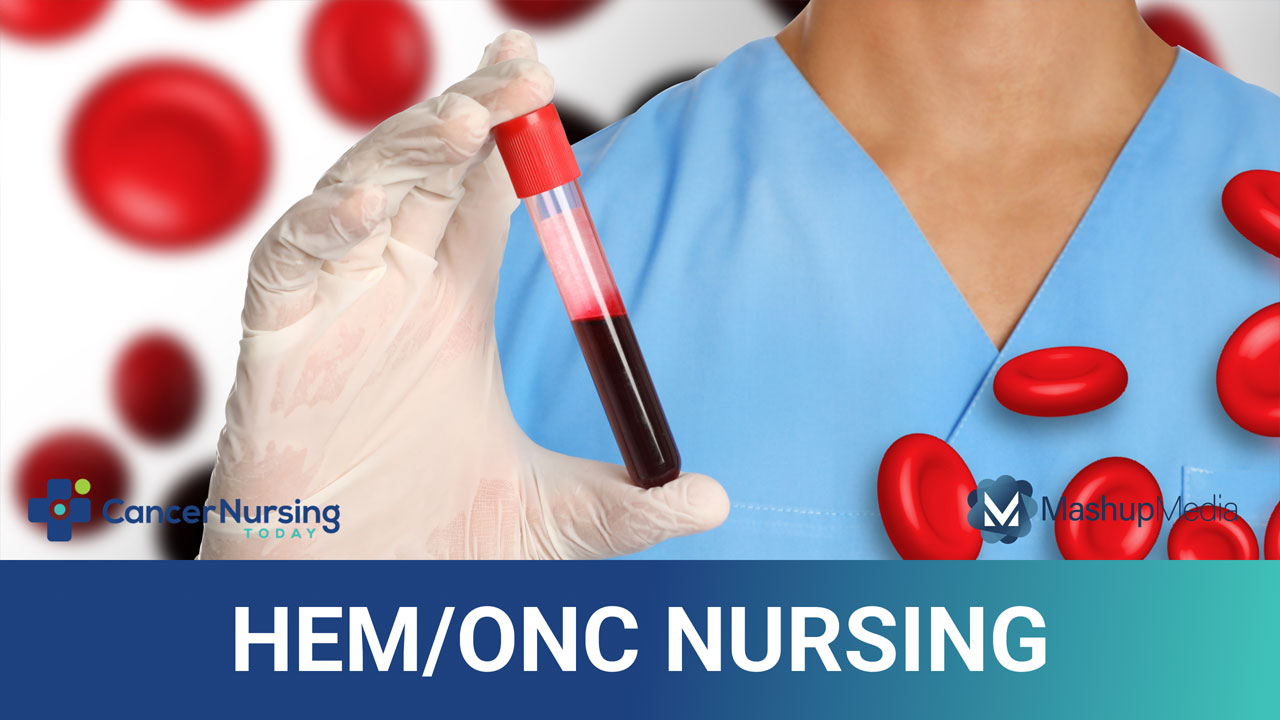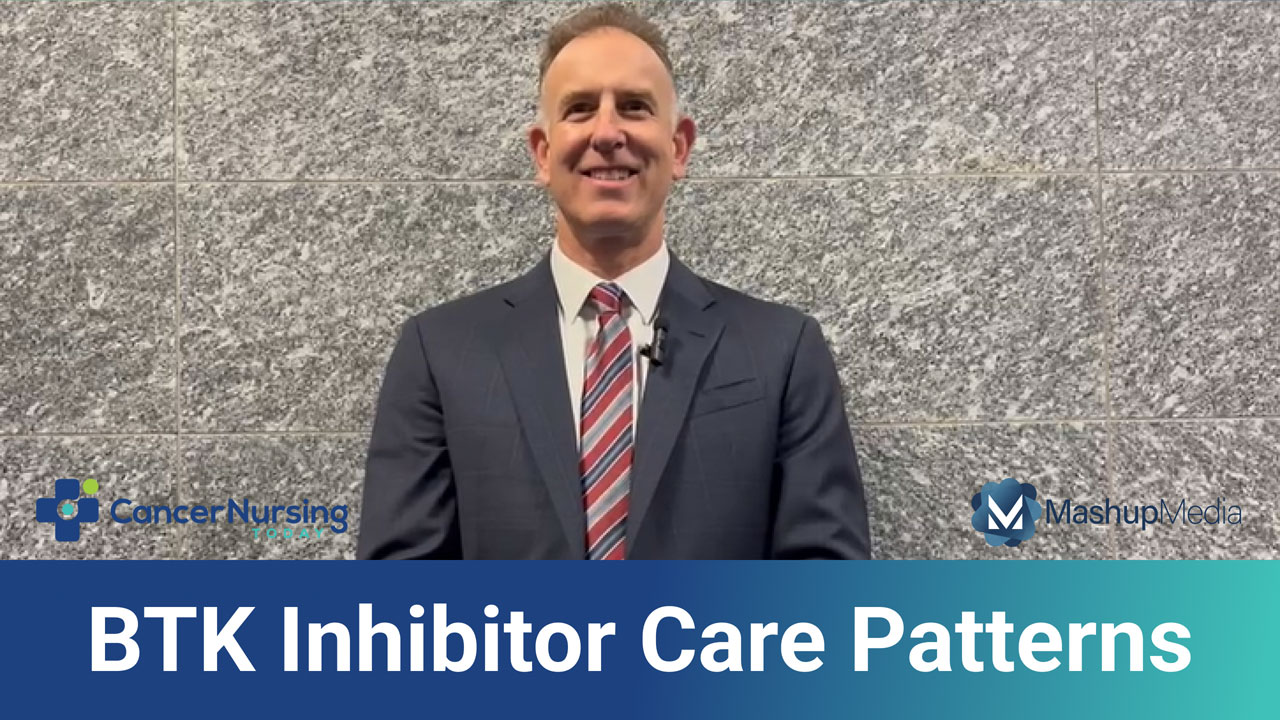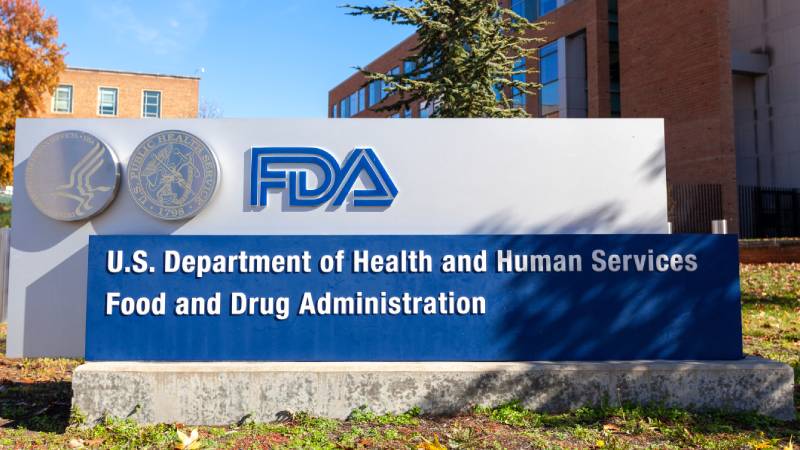Leukemia
Advertisement
Josie Montegaard, NP, shares how nurses can help patients mitigate and manage negative CLL treatment side effects.
Researchers analyzed clinical outcomes because hematopoietic SCT is becoming more a more accessible and utilized treatment.
Research presented at the NCCN Annual Conference illuminated patient experiences with tyrosine kinase inhibitors.
Researchers assessed the cost effectiveness of ibrutinib, acalabrutinib, and zanubrutinib in multiple treatment settings.
A study presented at the NCCN Annual Conference shed light on the perspectives of patients and healthcare professionals.
Researchers investigated underlying drivers of HRQOL degradation in CLL, including muscle weakness and fatigue.
Josie Montegaard, NP, discusses key guidelines, criteria, and the need for flexibility when initiating treatment for CLL.
Josie Montegaard, NP, shares how the right treatment timing and approach can influence quality of life for patients with CLL.
The clinically focused intervention invovled a symptom assessment questionnaire followed by symptom support.
The CLL12 trial included patients with treatment-naive, asymptomatic, early-stage chronic lymphocytic leukemia.
Beth Faiman, PhD, MSN, APN-BC, AOCN®, BMTCN®, FAAN, FAPO, discusses her experiences and shares resources.
Researchers evaluated the renal status of more than 250 patients receiving TKIs in a chronic myeloid leukemia clinic.
Researchers presented the results of the observational study at the 2024 SOHO Meeting.
Research presented at the Annual Meeting of the Society of Hematologic Oncology provided insights on outcomes and risks.
Hear about an NP's journey into hematologic oncology and how she has seen the treatment landscape evolve.
Nurses, nurse administrators, physician assistants, and oncologists/hematologists shared their insights with researchers.
Digital interventions that target physical and mental well-being are needed for adult long-term survivals of ALL.
Nurses may be able to play a role in aligning views between patients and hematologists on prognosis and goals of care.
DSP-5336 is an investigational small-molecule inhibitor of the menin and MLL protein interaction.
It is now “first and only” bispecific T-cell engager therapy approved for consolidation treatment regardless of MRD ...





















 © 2025 Mashup Media, LLC, a Formedics Property. All Rights Reserved.
© 2025 Mashup Media, LLC, a Formedics Property. All Rights Reserved.